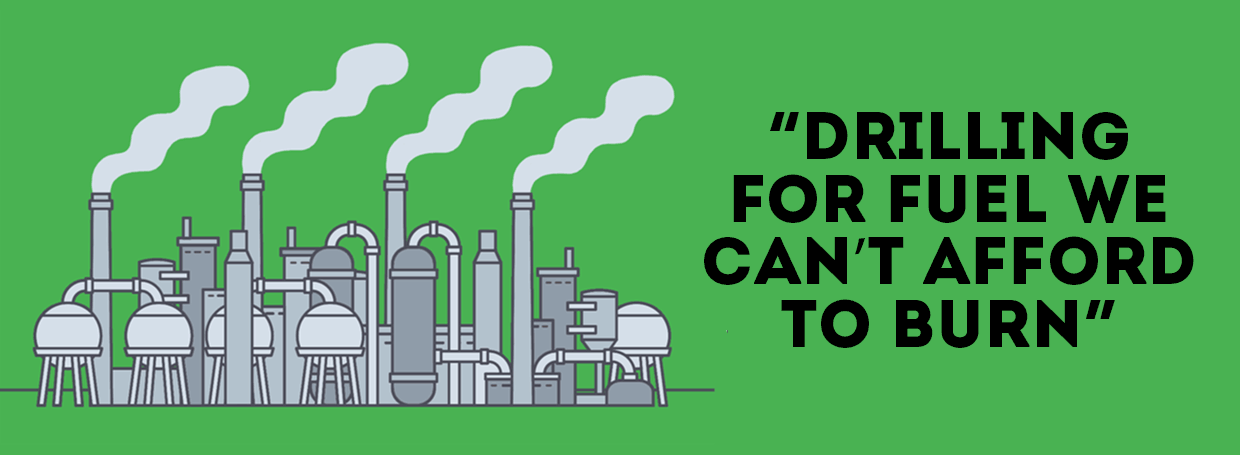
Crashing the climate
If we want to avoid some of the worst impacts of climate change, there is a limit to the amount of greenhouse gases we can release into the atmosphere. World leaders have agreed to limit global temperature rise to as close to 1.5°C as possible.
But the oil and gas reserves we already know about are more than enough the push us well beyond that, where extreme weather and other climate impacts will become increasingly severe.
Despite this, oil companies are pushing ahead with extracting extra fossil fuels that we can’t afford to burn. They are also using more and more extreme ways of getting them, such as ‘fracking’, digging up the tar sands in Canada and drilling in the rapidly melting Arctic.
Not only are these methods damaging to the environment and local communities, but they are also much more carbon-intensive ways of getting fossil fuels, which fuels climate change further.
While oil companies are increasingly setting ‘net zero’ goals and claiming they are taking climate change seriously, in reality they plan to continue extracting fossil fuels at unsustainable levels.
- BP’s future projects include more ultra-deepwater drilling for vast reserves of oil, despite the devastating Deepwater Horizon spill
- Shell has made an unrealistic plan to keep drilling but rely on technologies that don’t yet exist to somehow cancel out its emissions
- Equinor plans to drill new oil wells in the Arctic, which has only become possible because of rising temperatures and melting ice
Updated May 2021
Case Studies
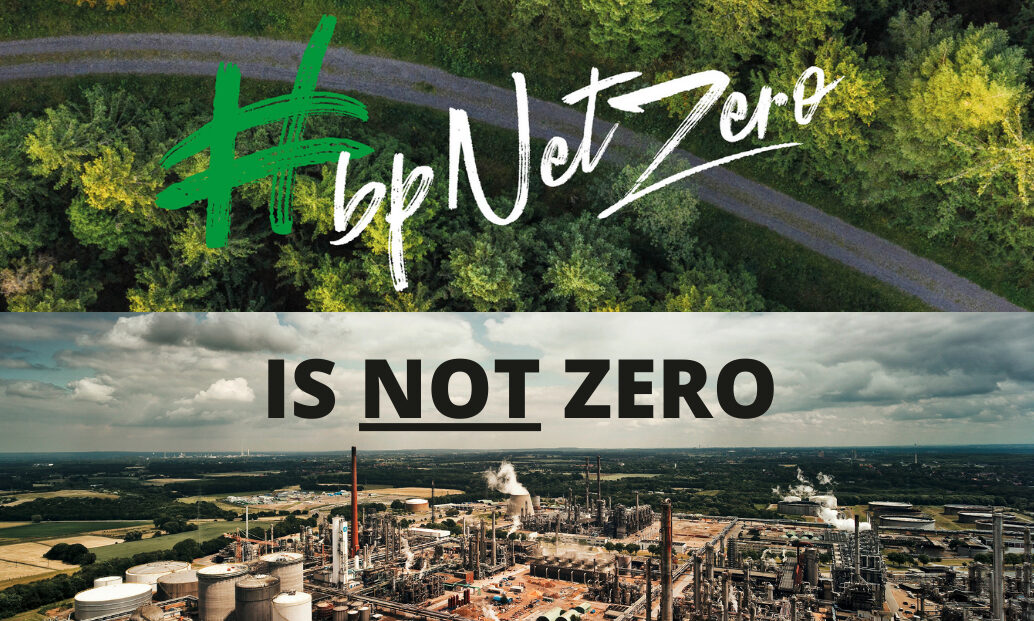
10 big problems with BP’s ‘Net Zero’ claims
BP wants you to think it’s doing its bit for the climate, by saying that it will go ‘net zero’ by 2050. But its plans are nowhere near enough to curb climate breakdown.
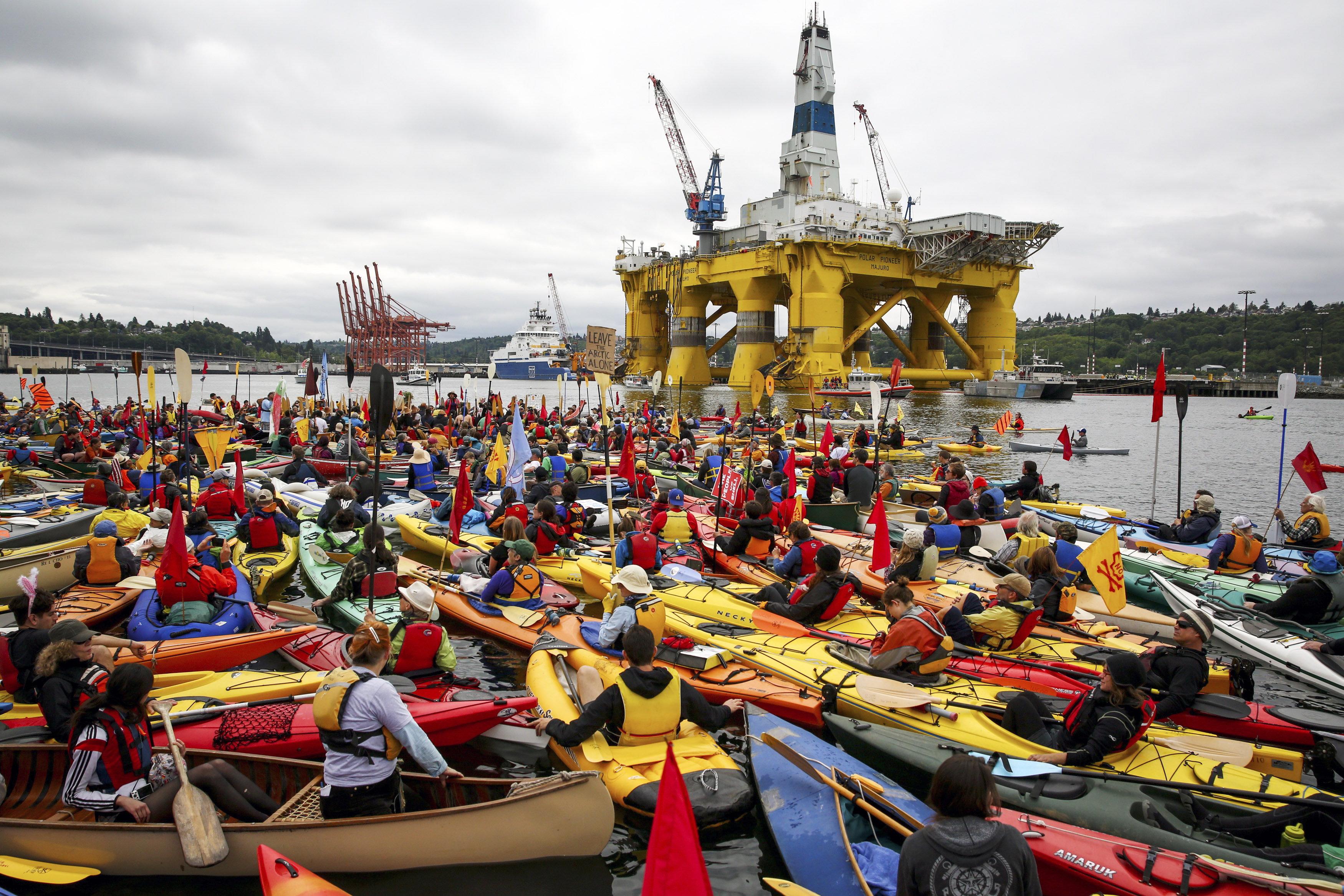
Why Shell’s plan to tackle climate change doesn’t stack up
Question: How do you convince the world your business plan won’t cause disasterous climate change?
Answer: Make up some numbers to pretend it’ll be fine, while not actually changing anything.
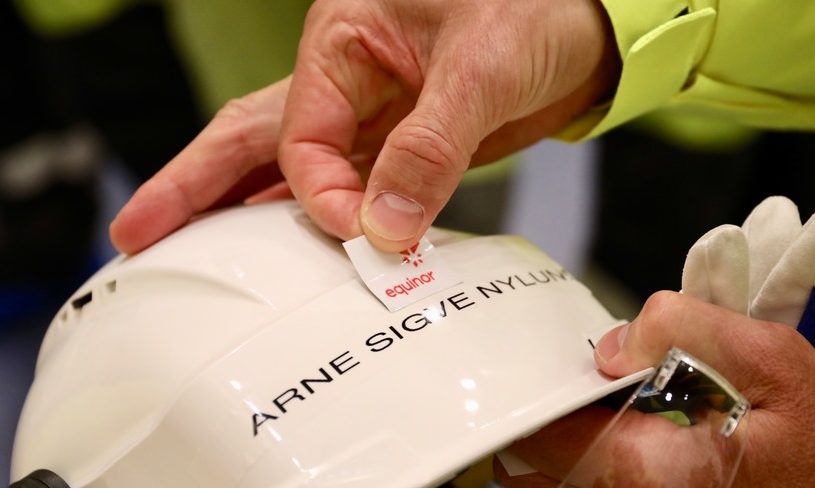
Equinor’s plan to drill for oil for decades to come
Despite recently removing the word ‘oil’ from its name, the Norwegian energy giant remains a big player in the fossil fuel industry. Clever rebranding and promises of clean energy investments can’t hide the fact that the company plans to keep at least 80% of its future operations in oil and gas.
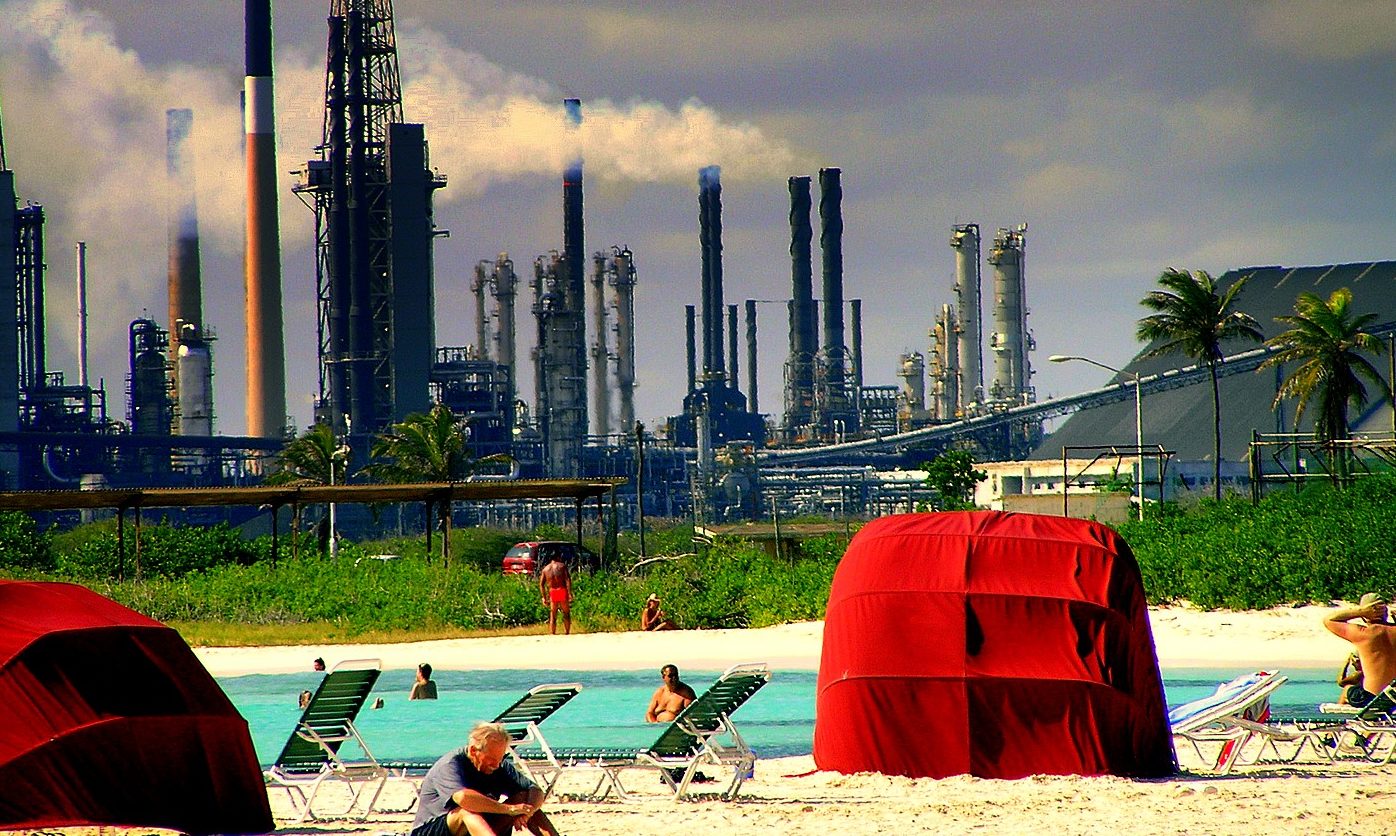
Why oil companies are on a collision course with a safe climate
If countries are serious about limiting climate change, approximately 80 percent of the fossil fuels we already know about will need to be left in the ground. However, the business models of major oil companies rely on continuing to use fossil fuels at similar levels over the coming decades. This puts them on a direct collision course with genuine efforts to curb greenhouse gas emissions.
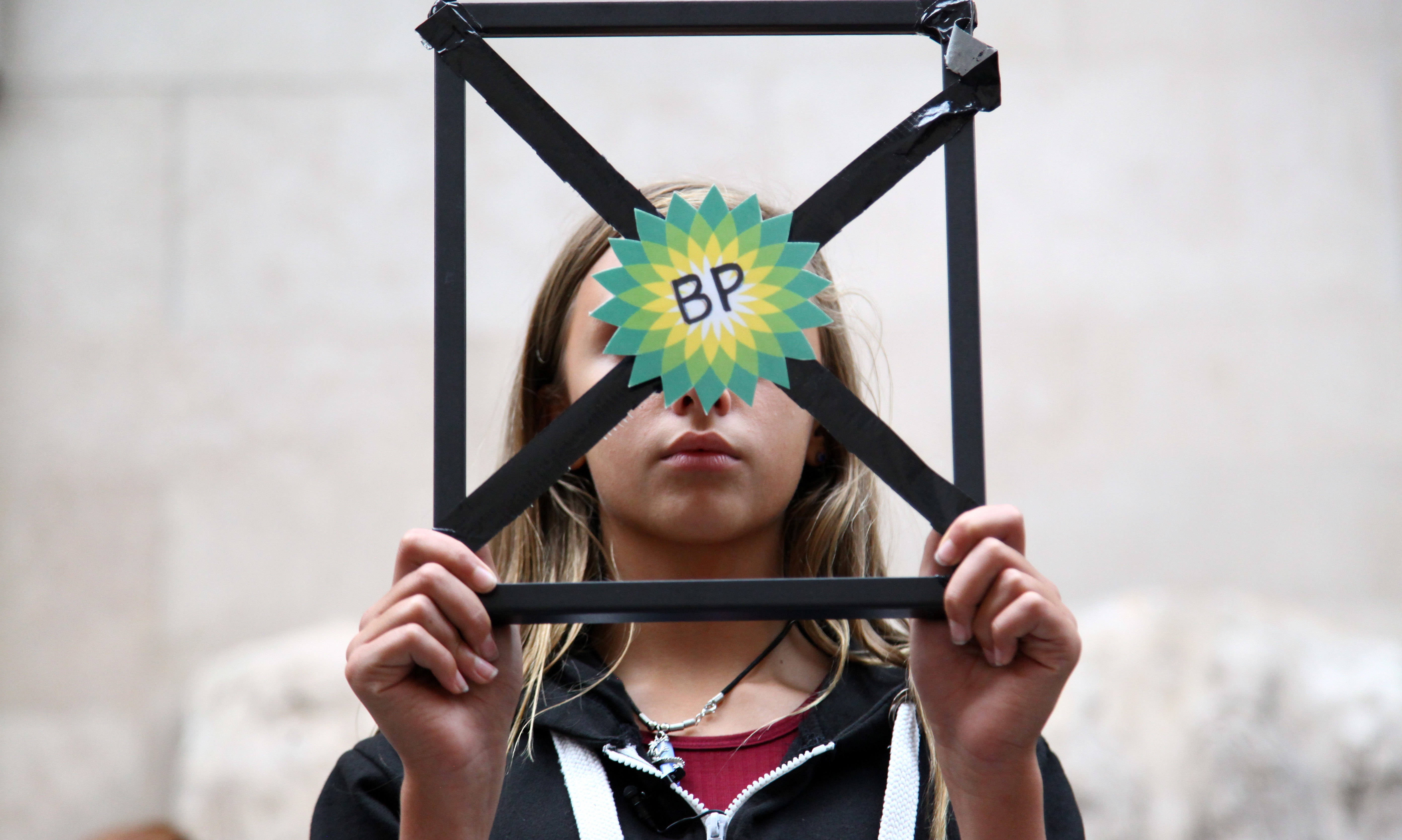
BP’s search for oil and gas we can’t afford to burn
Even as efforts to tackle climate change intensify, BP is exploring for new drilling opportunities around the world
The company spent over $2bn on exploration alone last year and is choosing increasingly risky projects in ever more dangerous and sensitive environments.








